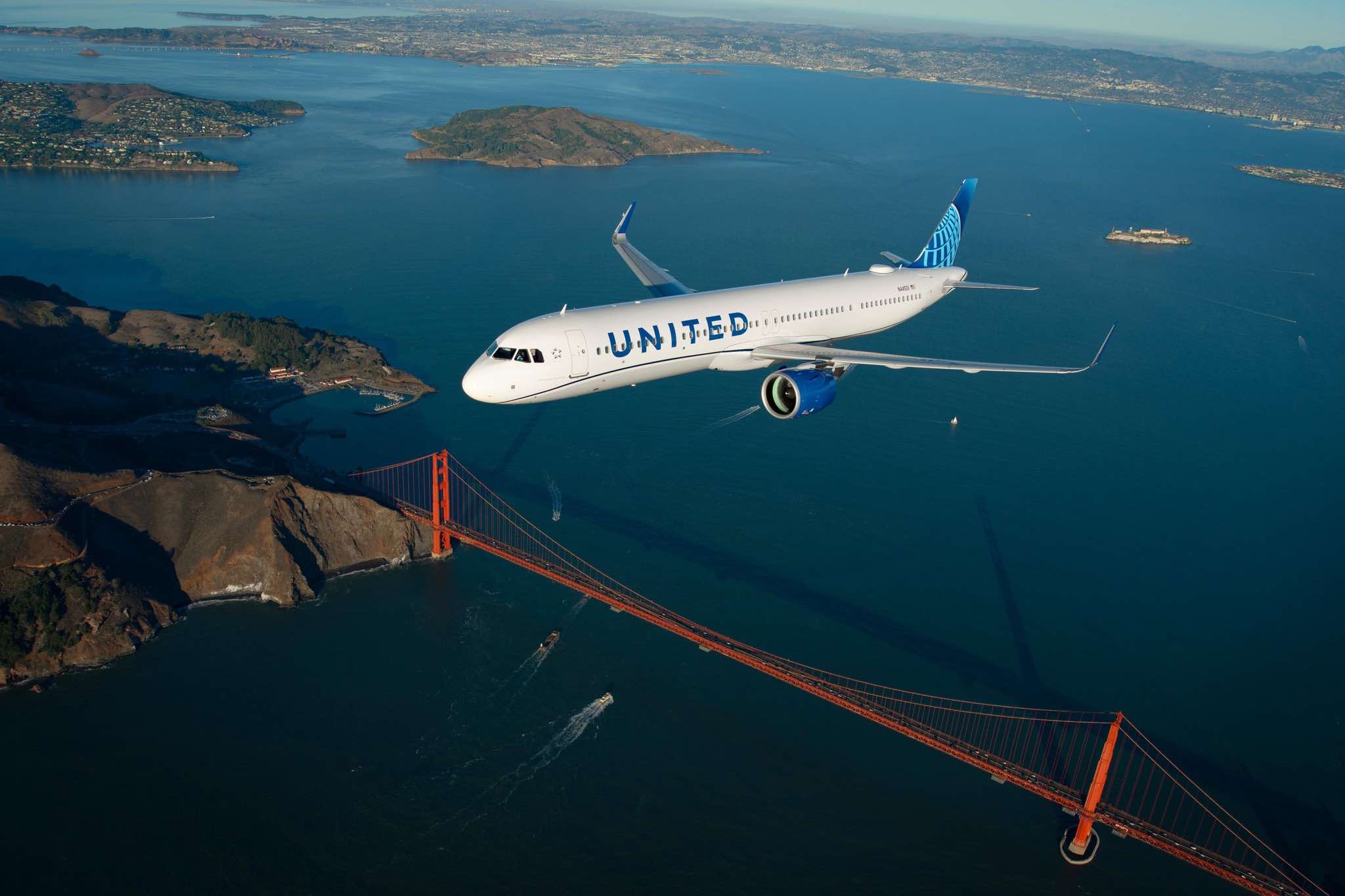United Airlines Praises Senate Vote To End Government Shutdown

The US Senate has passed a bill to end the longest federal government shutdown in the history of the country, prompting praise from United Airlines.
Shutdown Progress Finally Moves In Senate, United Praises Vote As Aviation Strain Peaks
The federal government shutdown, triggered by a funding impasse, became the longest in US history, eventually eclipsing the 34-day record set in 2018. While most government operations stalled, air traffic control, TSA, and other aviation-critical staff were required to work without pay, creating mounting operational pressure across the National Airspace System.
As staffing levels dropped due to fatigue and financial strain, the FAA enacted ground delay programs at some of the busiest hubs in the country. Airlines were forced to preemptively trim schedules, not due to weather or demand, but purely because there were not enough controllers to safely move airplanes. The messaging from carriers became increasingly direct: this was not a capacity crunch, it was a staffing emergency.
After eight Democratic senators broke ranks with their party on Sunday night to vote for cloture, allowing a spending bill to advance toward a full vote, United Airlines issued a pointed statement:
“We thank the Senators who voted tonight to advance legislation to reopen the Federal government and provide funding for our essential air traffic controllers and TSA officers, who have worked tirelessly without pay for over a month. Our customers and employees have experienced firsthand the negative impact of the shutdown and staffing shortages causing flight delays, disruptions and cancellations. It is critical that the Senate quickly send this legislation to the House and the House pass it as soon as possible, so that government can reopen and reliable air travel can resume as we near the busy holiday travel season.”
By Monday morning, the Senate had passed the funding bill, sending it to the House for final approval. House leadership has signaled support, meaning the bill is now on track to land on the President’s desk and bring the shutdown to a close. The end game, barring procedural surprise, appears within reach.
What Happens Next For Air Travel?
The cynical answer is: not much, immediately. Even once the government reopens and controllers receive back pay, staffing doesn’t magically snap back to normal. Controllers can’t be surged like gate agents, and the FAA can’t fast-track certification for new hires without compromising safety.
Airlines will spend weeks reversing the defensive schedule cuts they put in place, and ATC staffing recovery will be gradual, not immediate. In other words, the shutdown may be politically over soon, but the operational aftershocks will linger deep into early next year.
There is also the uncomfortable takeaway that US aviation is now one budget crisis or political stalemate away from systemic disruption. Most travelers assume air traffic control is ring-fenced from politics. It is not. This shutdown proved that.
For now, the immediate crisis appears headed toward resolution. Flights will stabilize, holiday travel may yet avoid worst-case meltdown, and controllers will finally get paid. But the broader questions about resiliency, staffing, and political insulation of critical aviation functions remain a big problem.
CONCLUSION
This was not a weather event, not a capacity issue, not a demand spike. This was a vulnerability exposed by politics, and while the bill’s passage brings relief, it does not solve the underlying fragility of the system it just shook.
Putting on my political hat, I can understand why many Democrats are upset that healthcare was not part of the compromise. I can understand why airlines like United Airlines are praising this news. But the reality is this is only a temporary bandage and we may be going through this again in January…